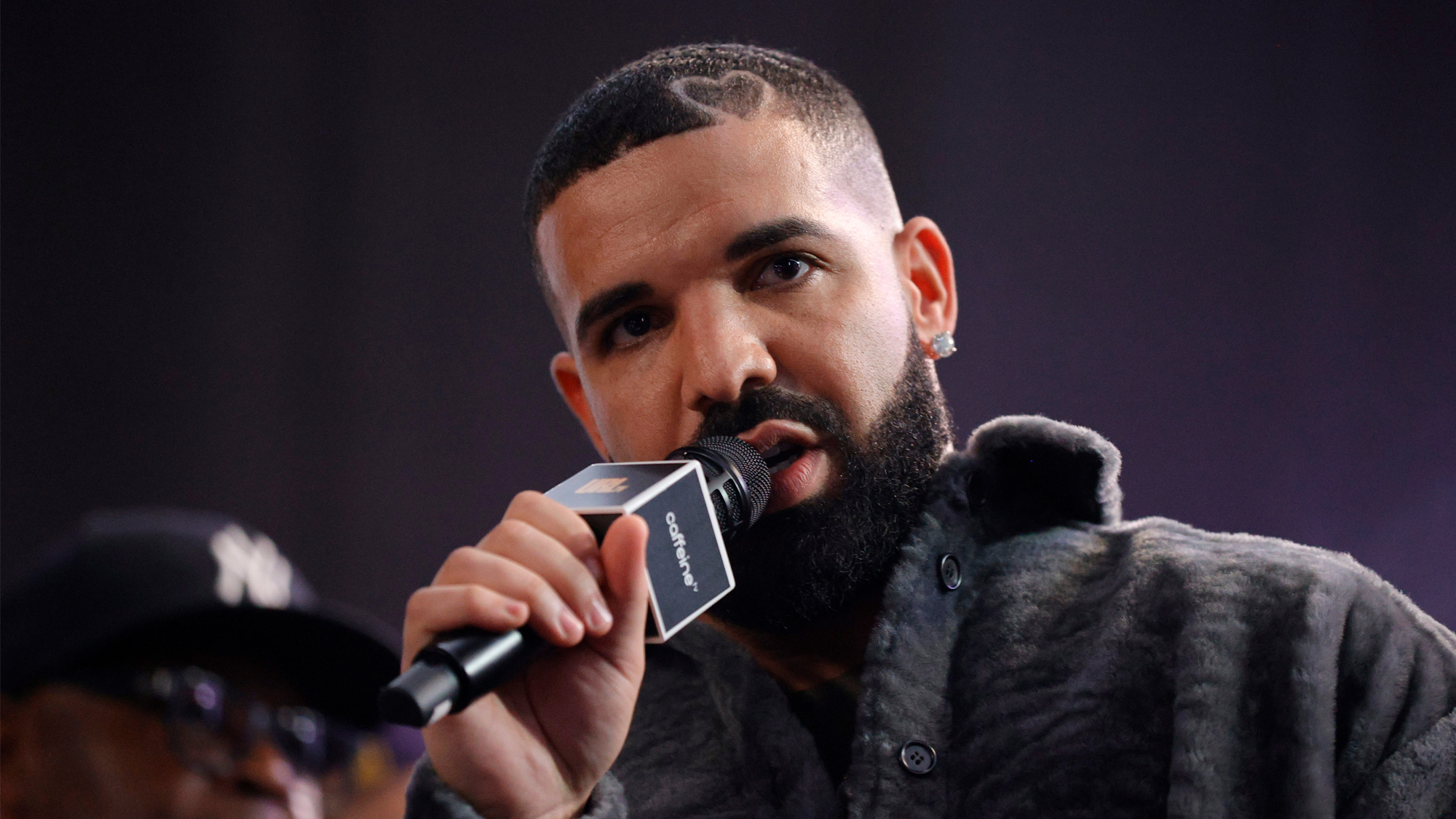Dissing contest
Tearing each other down has become a trend

A free daily email with the biggest news stories of the day – and the best features from TheWeek.com
You are now subscribed
Your newsletter sign-up was successful
You don't have to know much about rap to be riveted by last week's epic battle of diss tracks between Kendrick Lamar and Drake. It was like watching a steamroller slowly crush a Matchbox car. Drake made a few snide remarks, and then Pulitzer Prize-winning rapper Lamar came back and just pulverized him. Lamar dissected Drake's insecurities about being insufficiently Black and too, well, Canadian to be a real rapper. Then he went nuclear, tearing apart Drake's family and accusing him of preying on teenage girls. And then he did the whole thing again, but to a fun dance beat, crafting a song that will probably be played at clubs all summer. The audience was repelled and delighted by this public cruelty — the last track soared to the top of the charts. Despite myself, I was one of those who listened to Lamar's' tracks over and over, awed by his multilayered poetry but also impressed by his willingness to be so profoundly mean.
Going negative works. It grabs our attention. That's why negative political ads are more effective than positive ones, and why they now make up more than half of all campaign advertising. Allegations that the other guy is a terrible person shift more votes than noble declarations of how to improve American lives. In this current election cycle, we are already being bombarded by attack ads, not just from the presidential campaigns but from congressional and local races as well. The effect of this tsunami of negativity is to make Americans angrier at one another, more isolated, more unhappy. And all of it can lead to violence. Rappers have been killed over diss tracks in the past, while in the present, we've seen a five-fold rise in violent right-wing political attacks since 2016. We should listen to hip-hop veteran Questlove, who condemned both Drake and Lamar — and their fans. "Nobody won the war," he wrote. This was just about an "audience wanting blood."
This is the editor's letter in the current issue of The Week magazine.
The Week
Escape your echo chamber. Get the facts behind the news, plus analysis from multiple perspectives.

Sign up for The Week's Free Newsletters
From our morning news briefing to a weekly Good News Newsletter, get the best of The Week delivered directly to your inbox.
From our morning news briefing to a weekly Good News Newsletter, get the best of The Week delivered directly to your inbox.
A free daily email with the biggest news stories of the day – and the best features from TheWeek.com
Susan Caskie is The Week's international editor and was a member of the team that launched The Week's U.S. print edition. She has worked for Radio Free Europe/Radio Liberty, Transitions magazine, and UN Wire, and reads a bunch of languages.